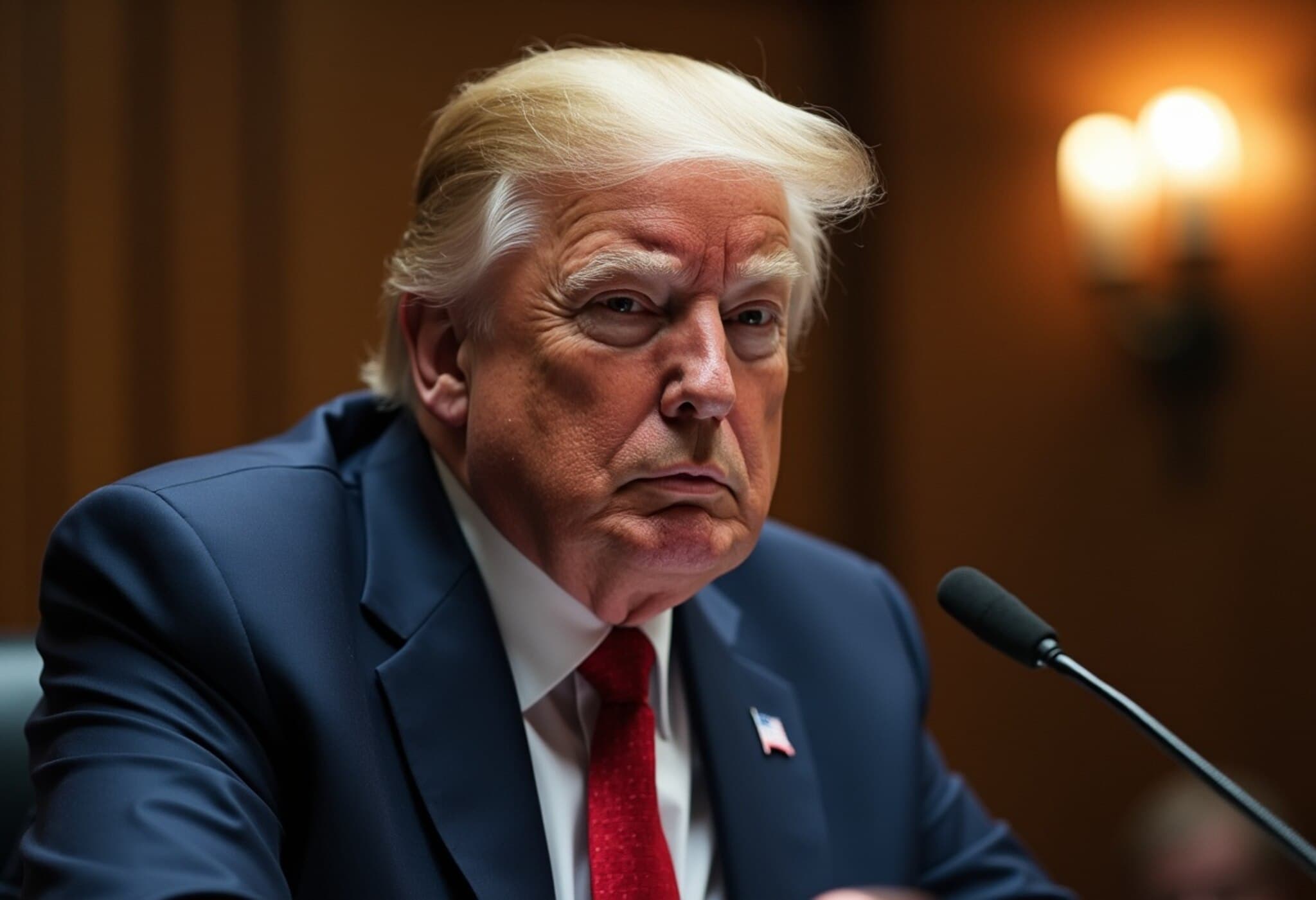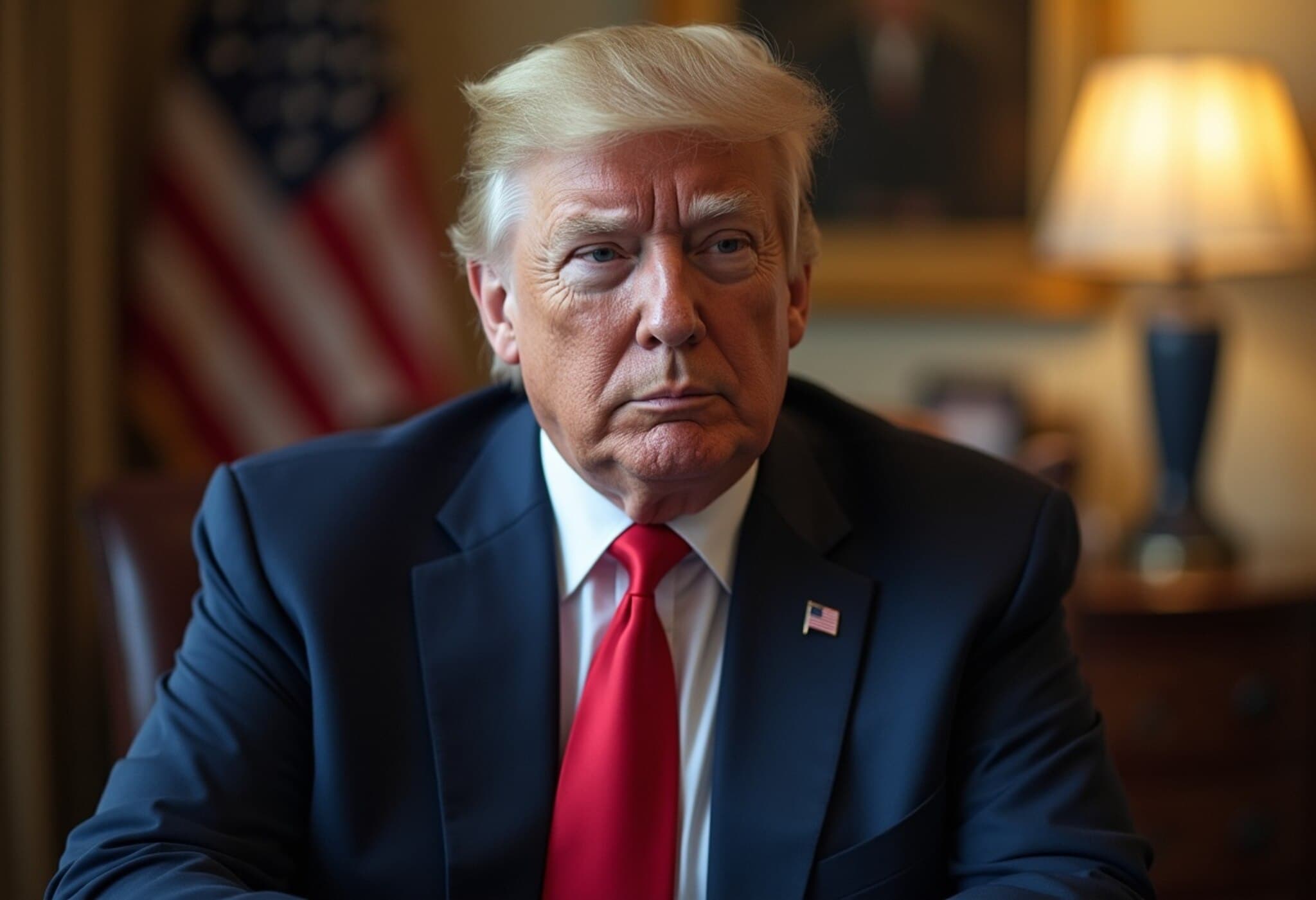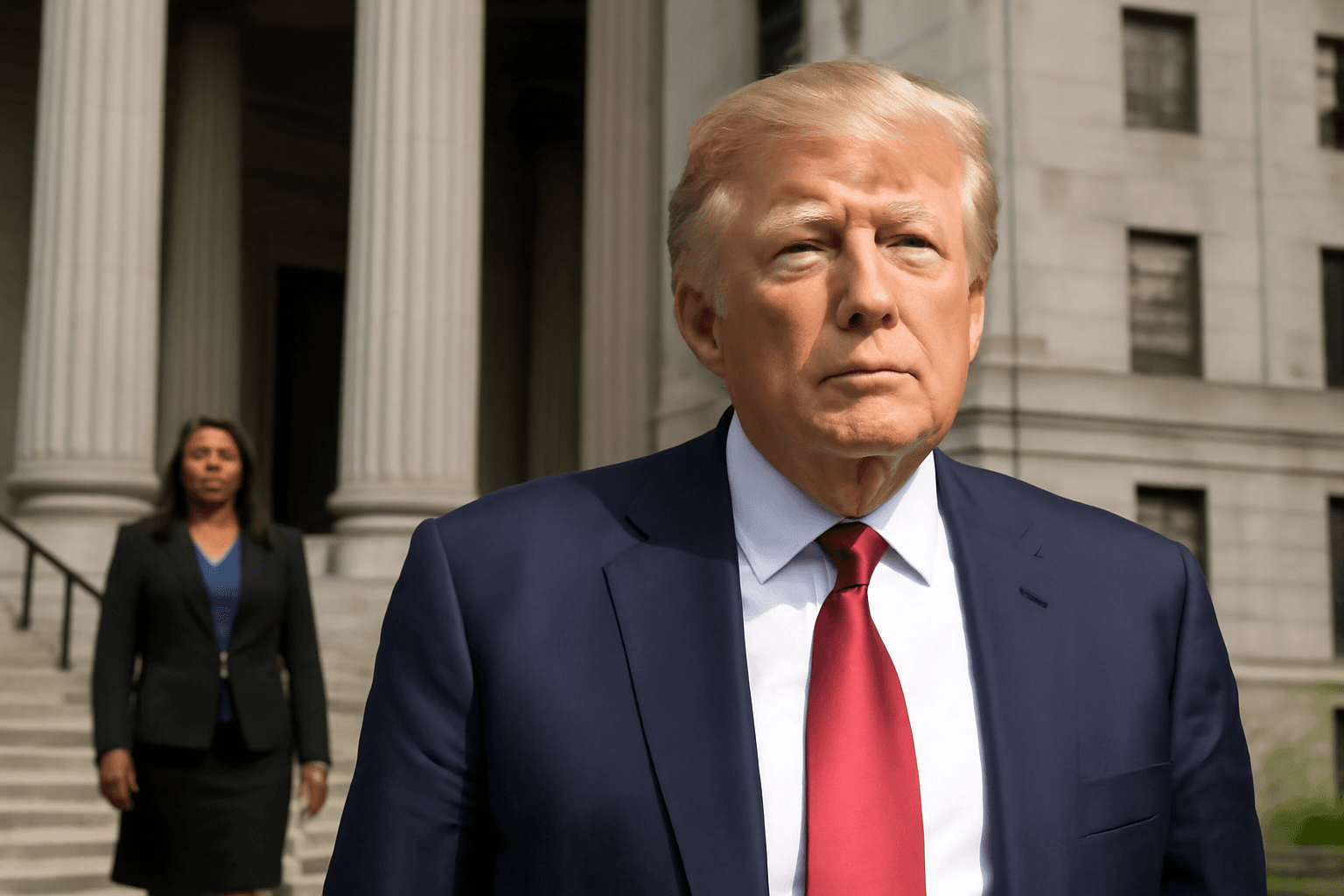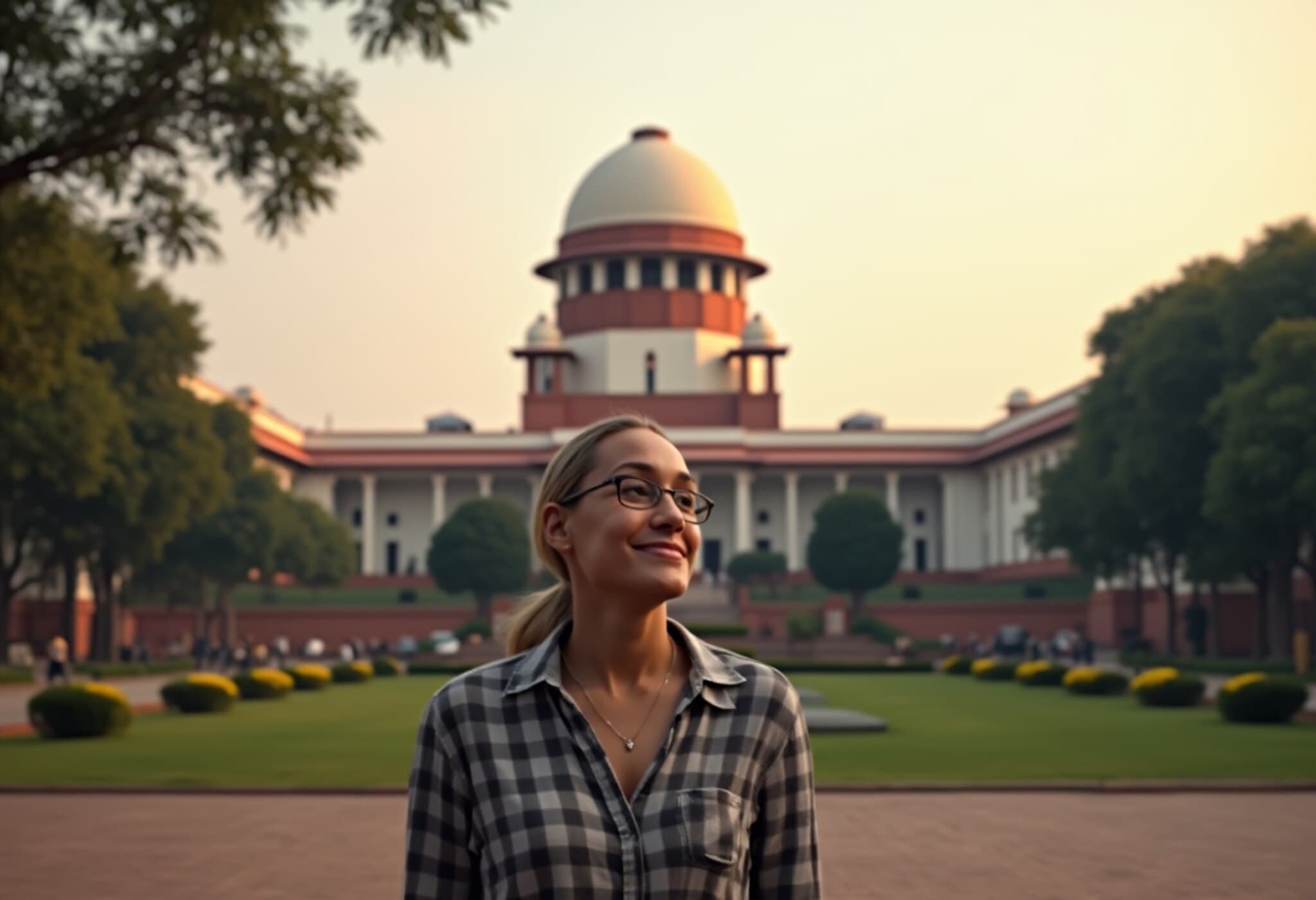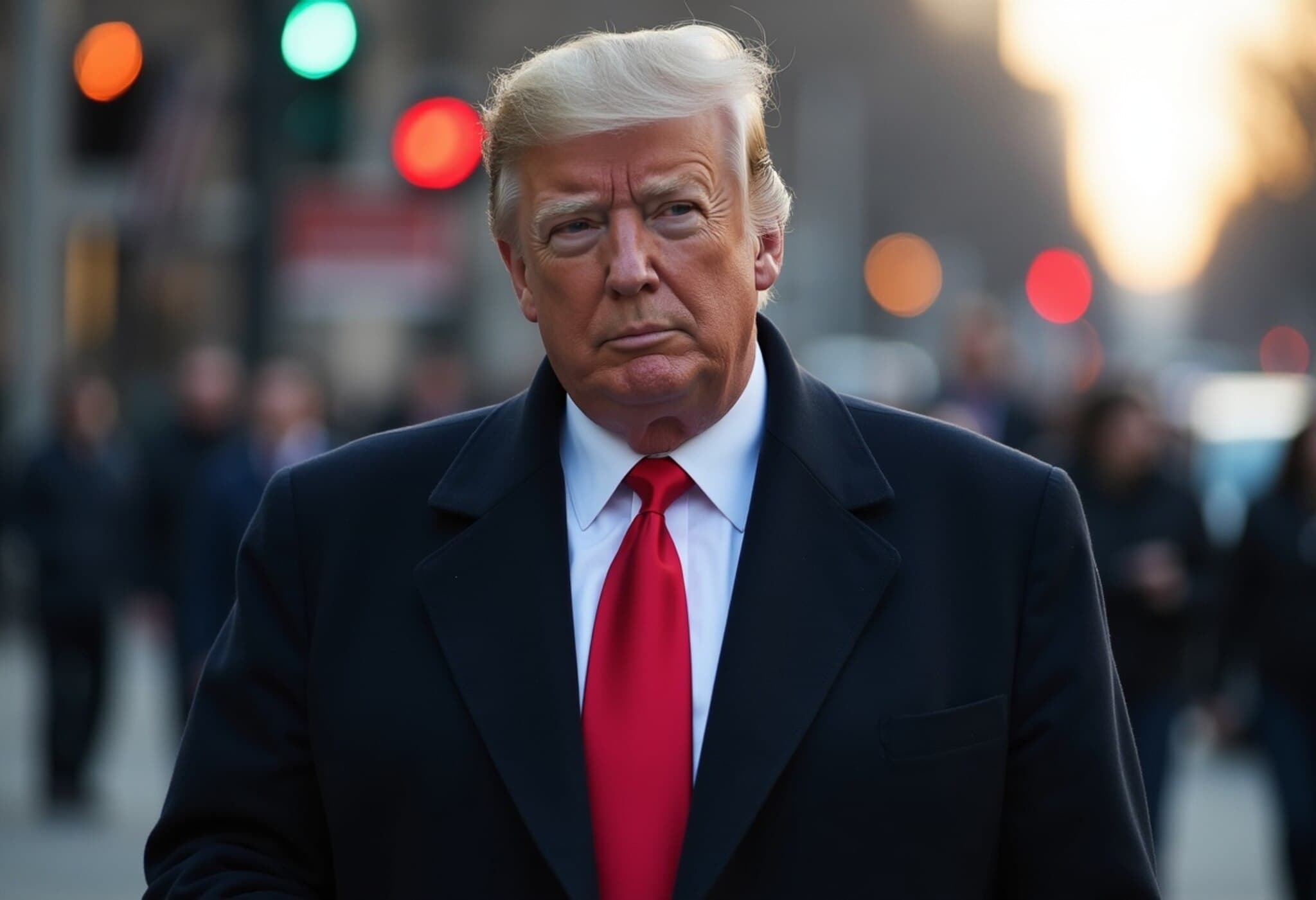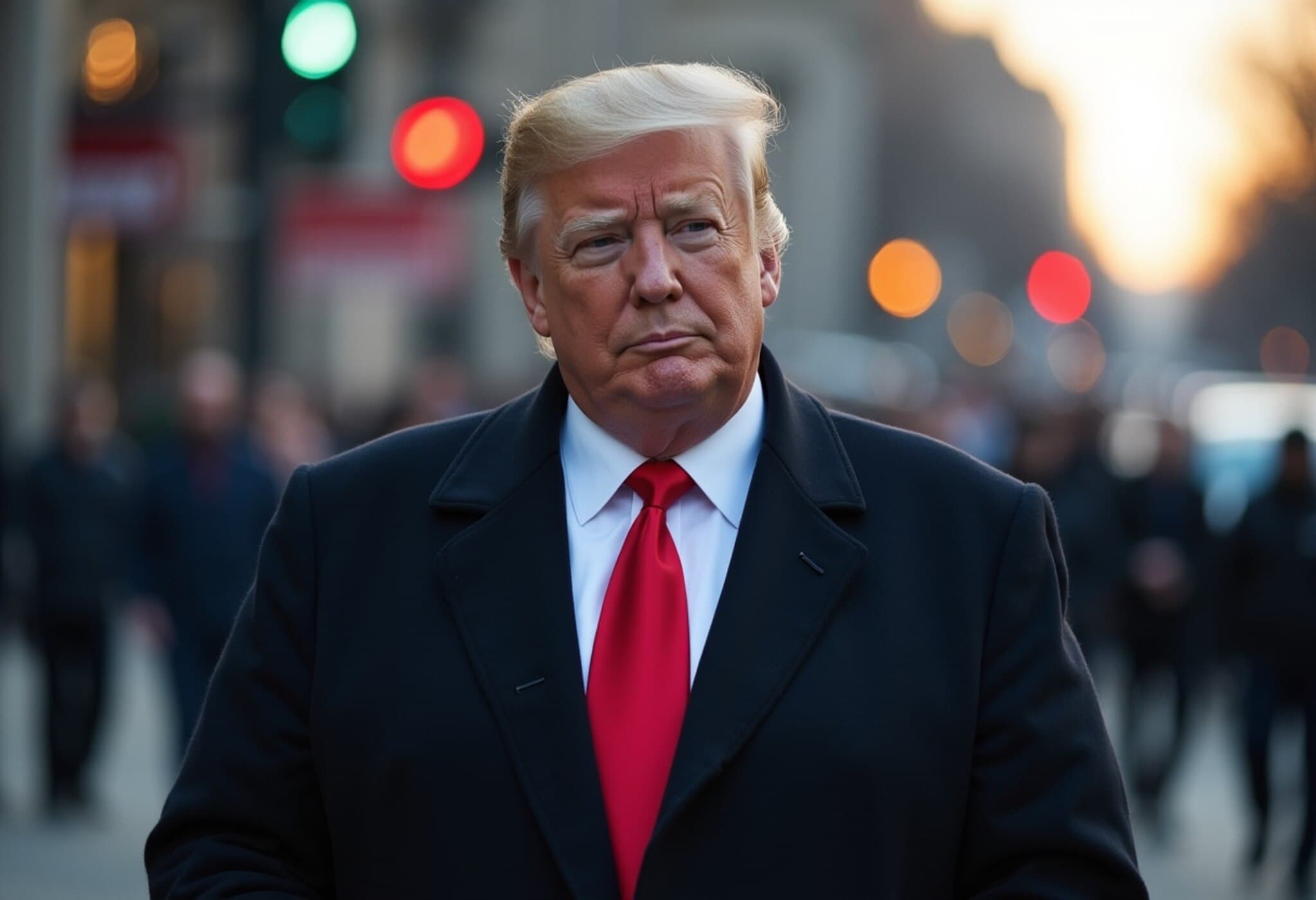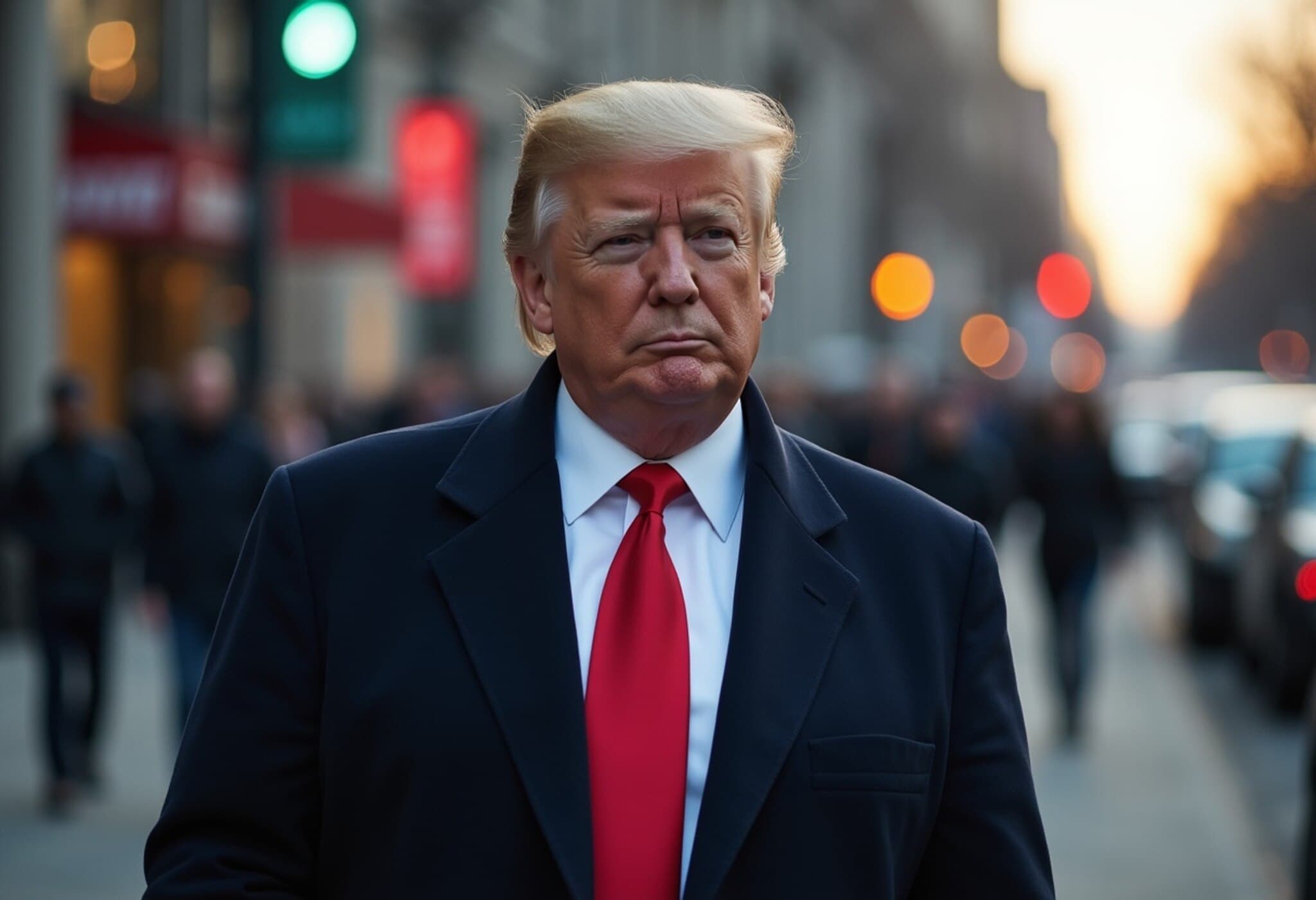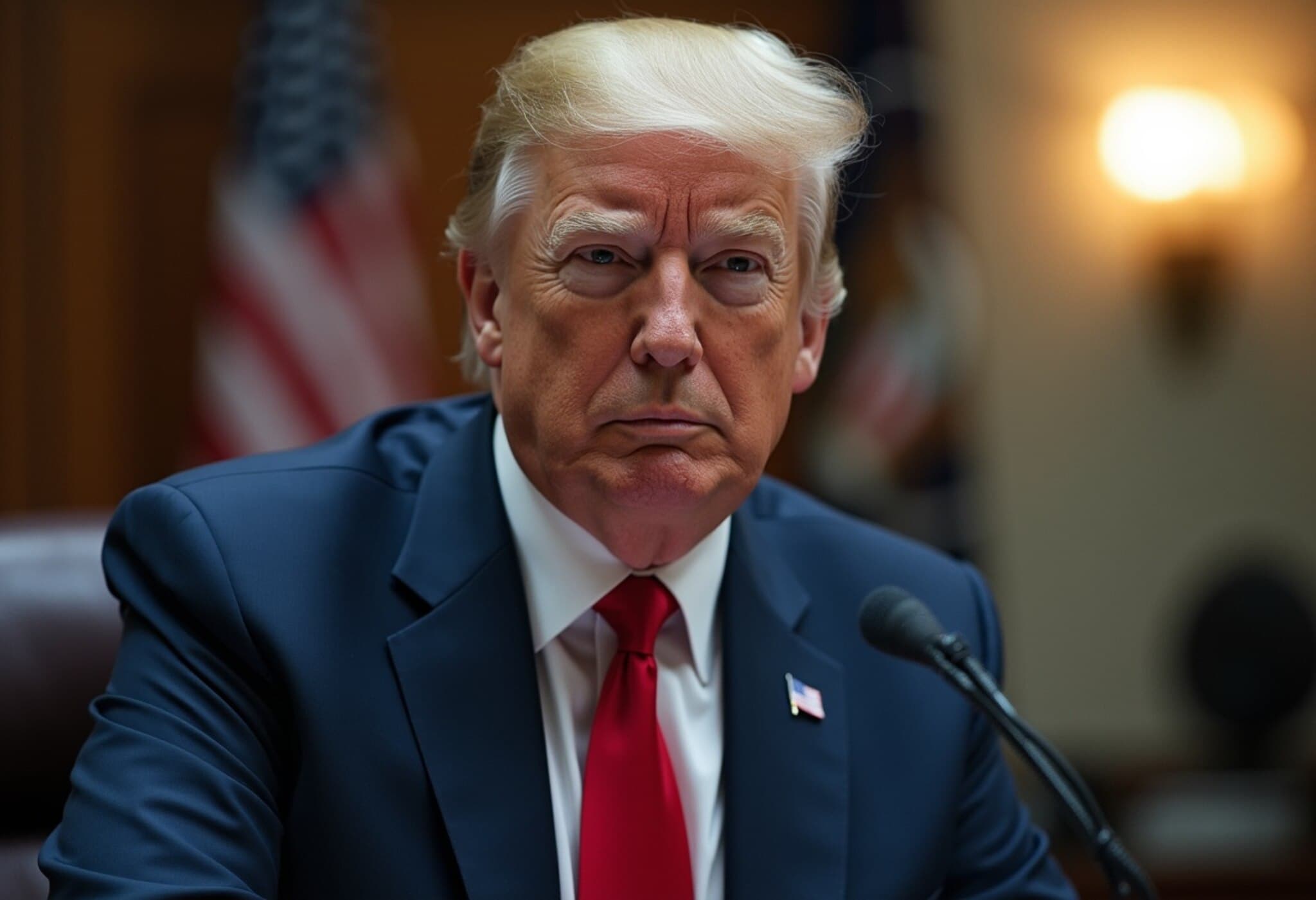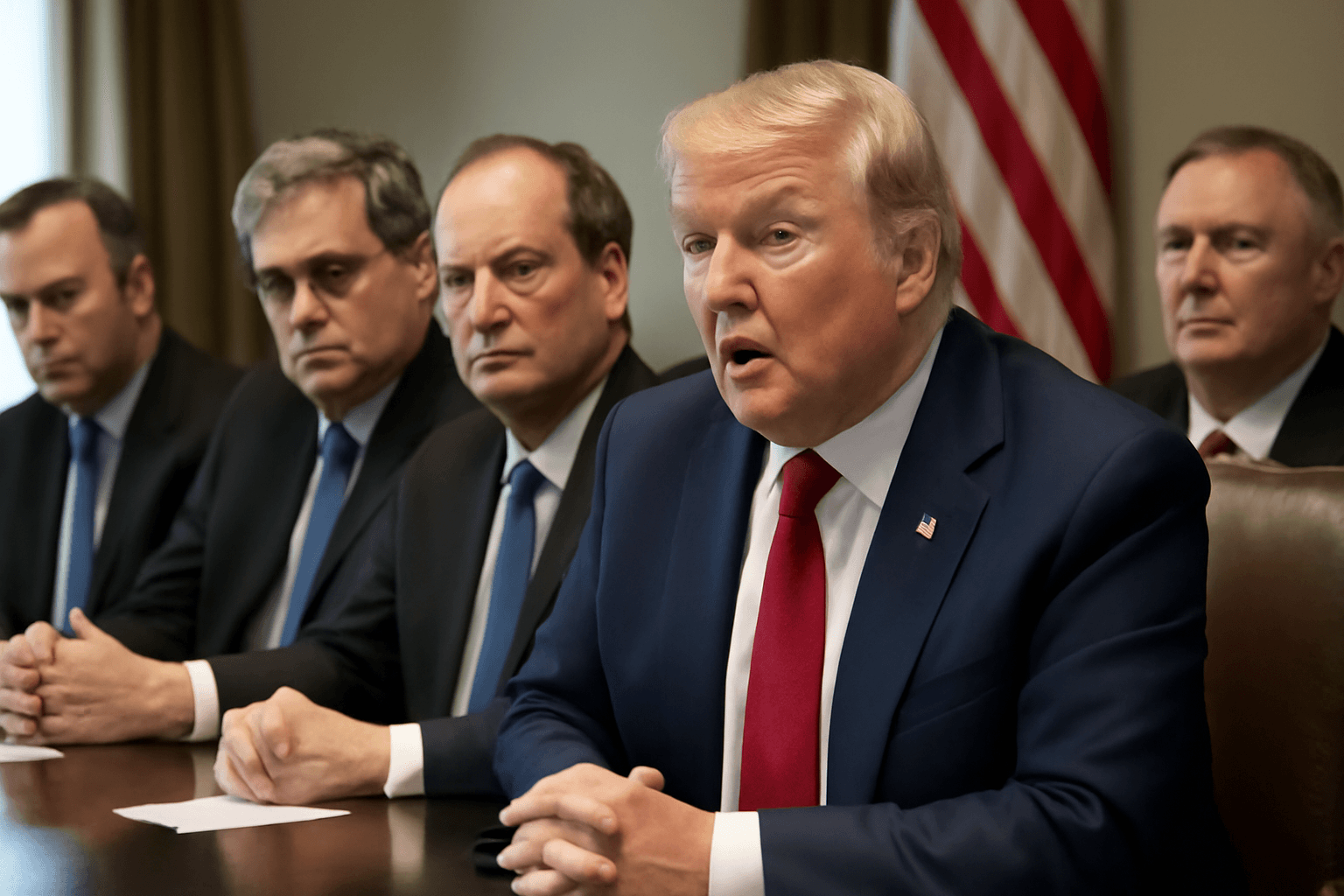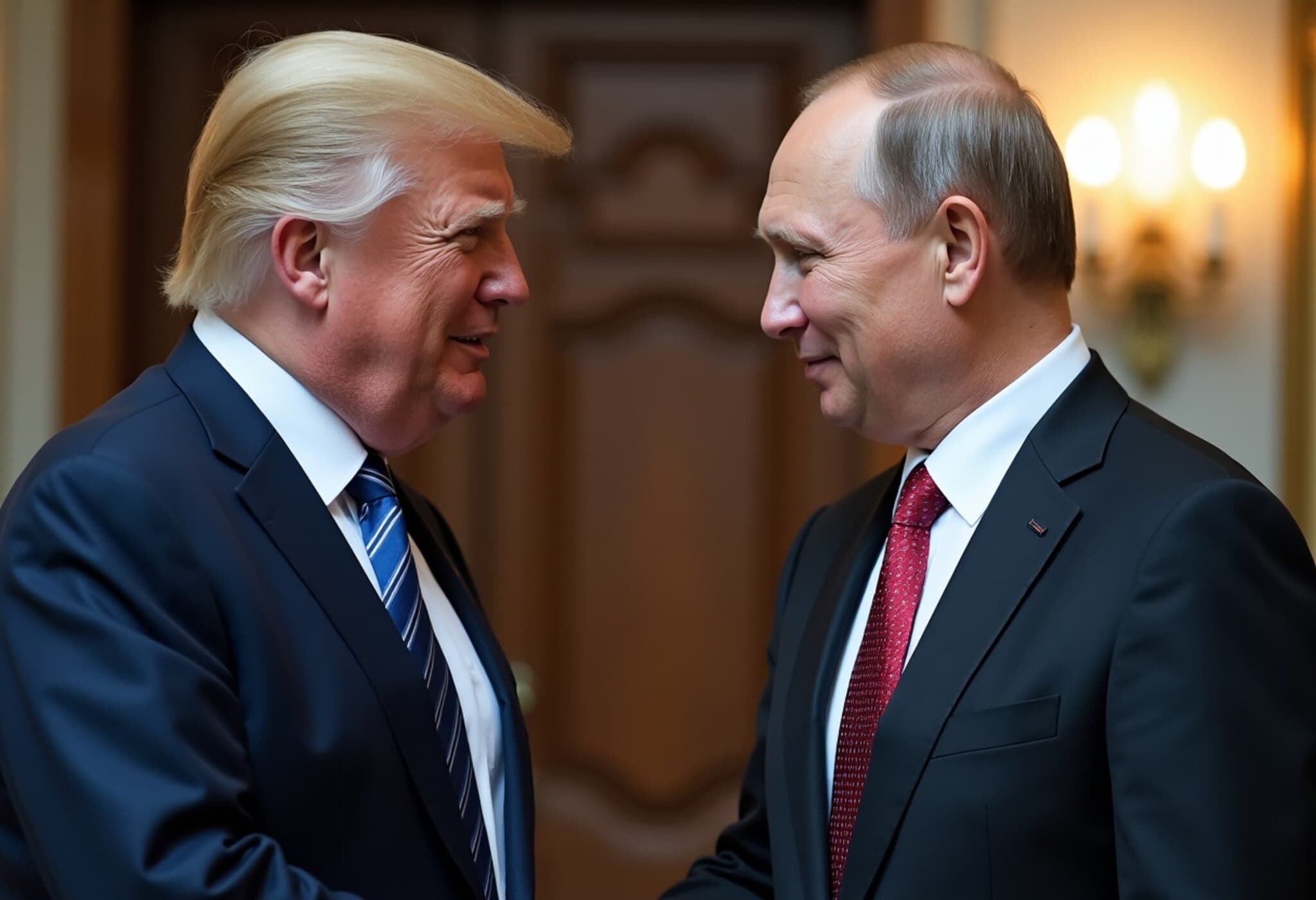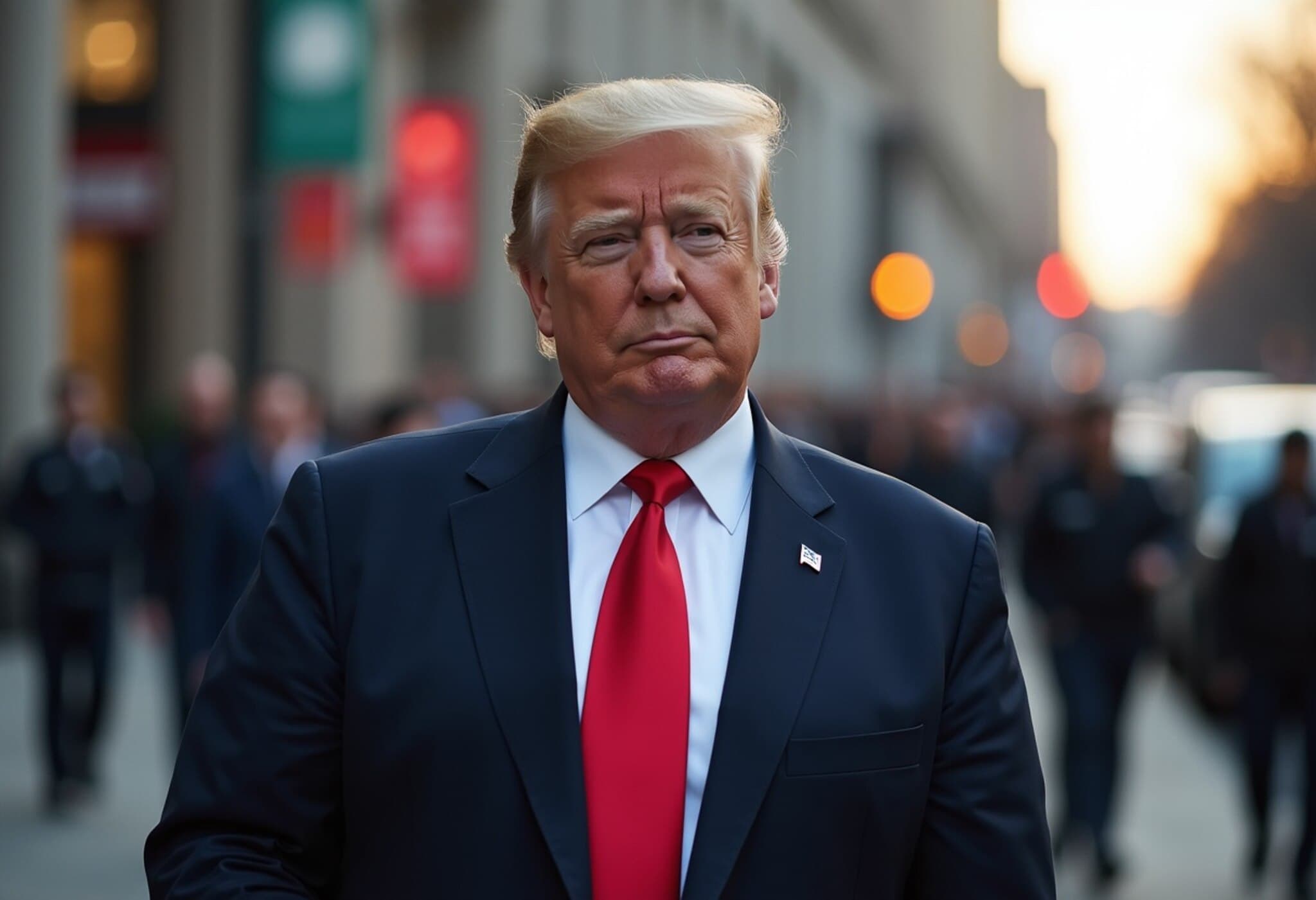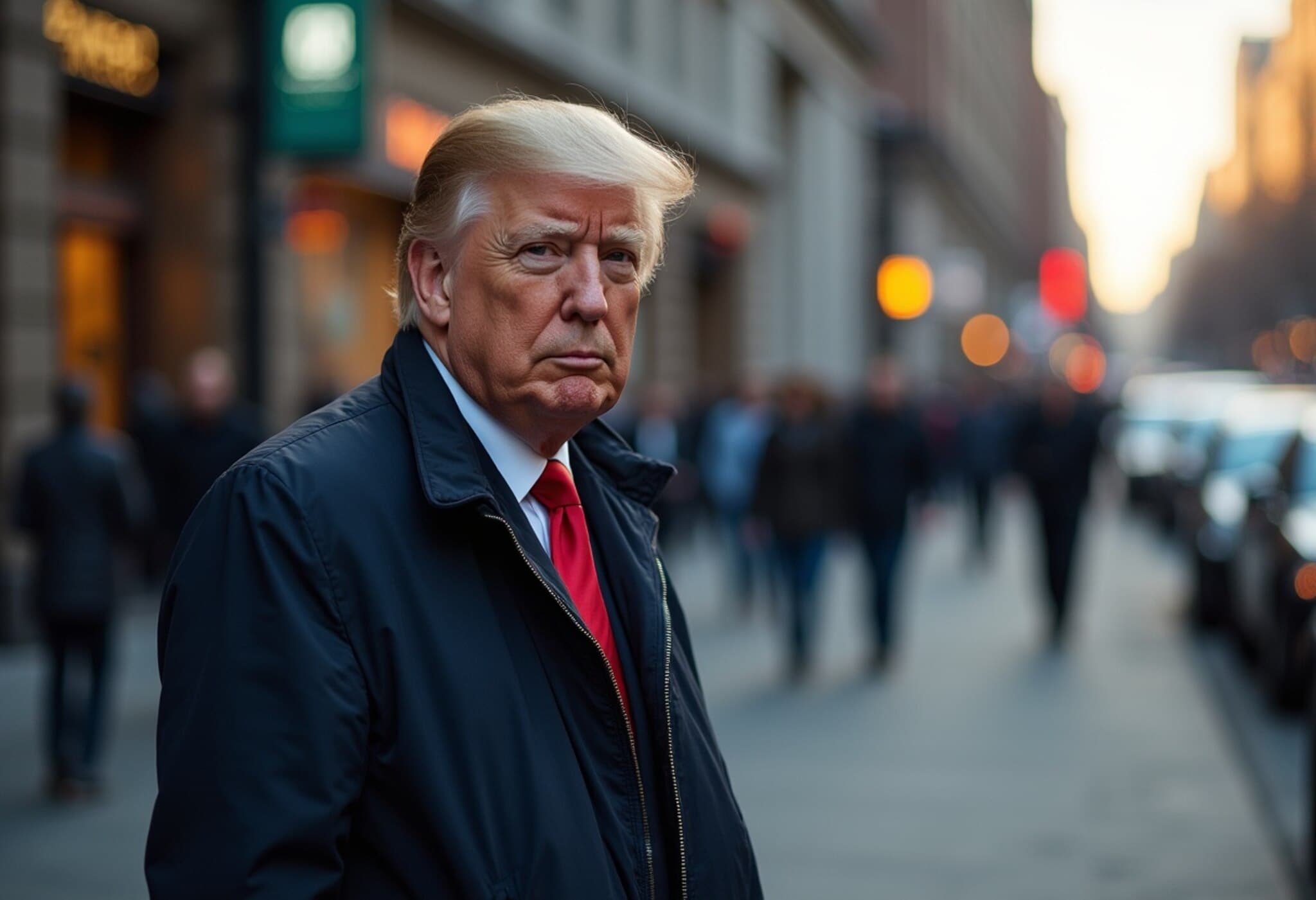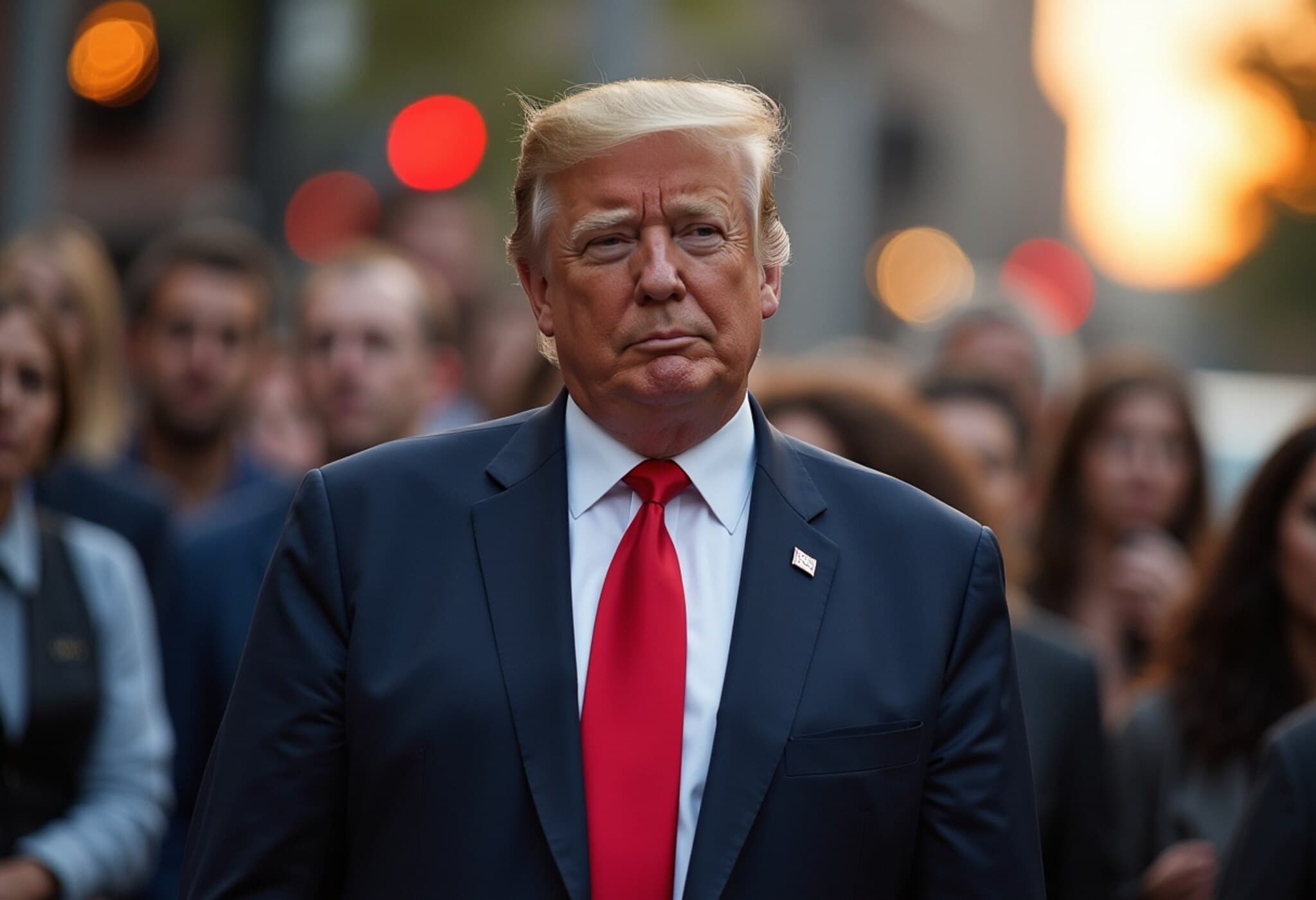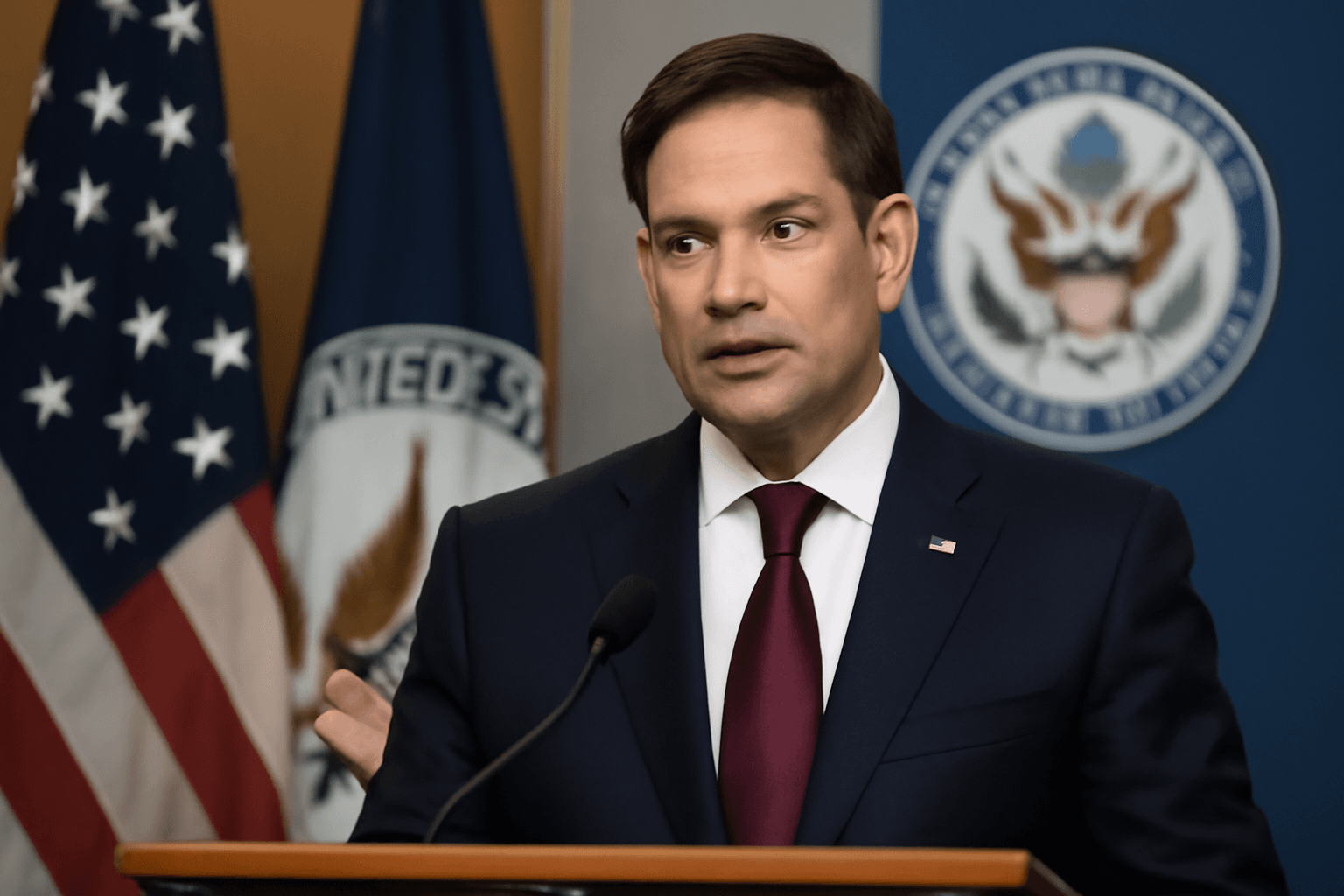Manhattan Judge Refuses to Unseal Epstein Grand Jury Records
In a significant ruling on August 21, 2025, District Judge Richard Berman in Manhattan denied the Justice Department's request to unseal approximately 70 pages of grand jury testimony related to the sex-trafficking investigation of Jeffrey Epstein. The judge deemed these records to be a "mere hearsay snippet" when compared to the vast government dossier on Epstein comprising nearly 100,000 pages.
Judge Berman emphasized that if transparency truly was a priority, the government should release the comprehensive array of investigative documents currently kept under seal, rather than seeking selective disclosure that circumvents the long-standing protections for grand jury secrecy.
Trump Faces Political Backlash Over Epstein Document Transparency
This ruling intensifies scrutiny on former President Donald Trump, who, during his 2024 campaign, promised to expose all materials connected to Epstein’s crimes. Trump accused Democrats of obstructing truth and vowed full disclosure to his conservative base.
However, the Justice Department later signaled its refusal to release more documents, dismissing allegations of any concealed client lists linked to Epstein. Such reticence has frustrated Trump’s supporters expecting a large-scale unveiling of new evidence.
Attorney General Pam Bondi, acting on Trump’s directive, petitioned the court to authorize the limited release of grand jury testimonies, which revealed that the grand jury heard from only a single FBI agent prior to indicting Epstein.
Similar Legal Hurdles in Related Epstein Proceedings
The courtroom decision echoes recent judicial resistance elsewhere. Earlier in August, Judge Paul Engelmayer in Manhattan rebuffed efforts to expose grand jury materials from Ghislaine Maxwell’s case. Maxwell, Epstein’s close associate, is serving a 20-year sentence for recruiting minors into Epstein’s trafficking ring. Judge Engelmayer highlighted that the evidence used before the grand jury was already presented in trial, with no new information about others implicated in sexual contact with minors.
Similarly, a Florida court declined to open grand jury files from Epstein’s earlier probes in 2005 and 2007, which culminated controversially in the 2008 plea agreement allowing Epstein a lenient 13-month jail term on state charges.
Epstein’s Death and Continuing Public Suspicion
Jeffrey Epstein died in a Manhattan jail cell in 2019, officially ruled a suicide by hanging. His sudden death sparked widespread conspiracy theories alleging foul play aimed at shielding powerful individuals. Epstein’s extensive ties to politicians, business magnates, and royalty have only deepened public demands for transparency and accountability.
Expert Analysis: The Transparency Challenge
From a legal policy perspective, these rulings underscore the tension between grand jury confidentiality—designed to protect the integrity of investigations and privacy of witnesses—and the public’s right to know about crimes involving high-profile figures. Experts suggest that selective disclosures, without full contextual files, can fuel misinformation rather than resolve doubts.
Moreover, the fragmented release of information fuels political divisions, turning complex legal procedures into battlegrounds for partisan narratives, complicating efforts to rebuild trust in public institutions.
What’s Next?
As public pressure mounts for transparency, stakeholders face a delicate balancing act. Legal experts note that any decision to unseal additional files risks exposing sensitive intelligence or jeopardizing ongoing investigations. Meanwhile, the Trump administration's campaign promises highlight the challenges political leaders encounter when pledging openness in cases entangled with sensitive legal and security issues.
Summary
- A Manhattan judge blocked the release of Epstein grand jury records, emphasizing limited value compared to sealed government files.
- Trump’s 2024 promise to disclose Epstein documents faces legal hurdles and criticism from his own supporters.
- Similar court decisions in Manhattan and Florida have stymied efforts to unseal related grand jury materials.
- Epstein’s 2019 death continues to provoke conspiracy theories and demands for transparency.
- The ongoing legal stalemate highlights a broader debate about confidentiality versus the public’s right to know.

